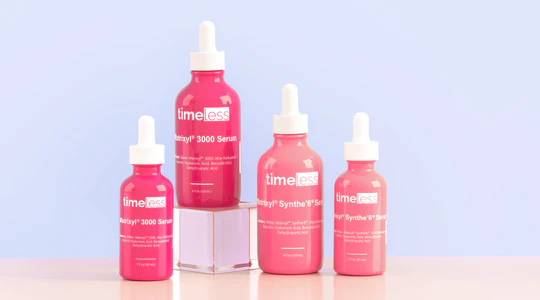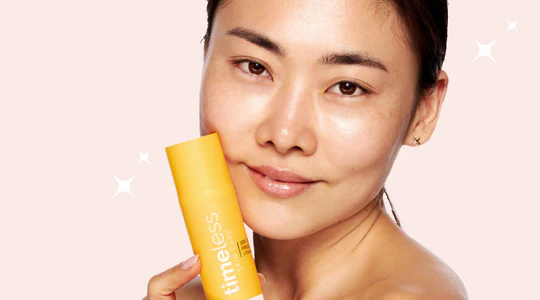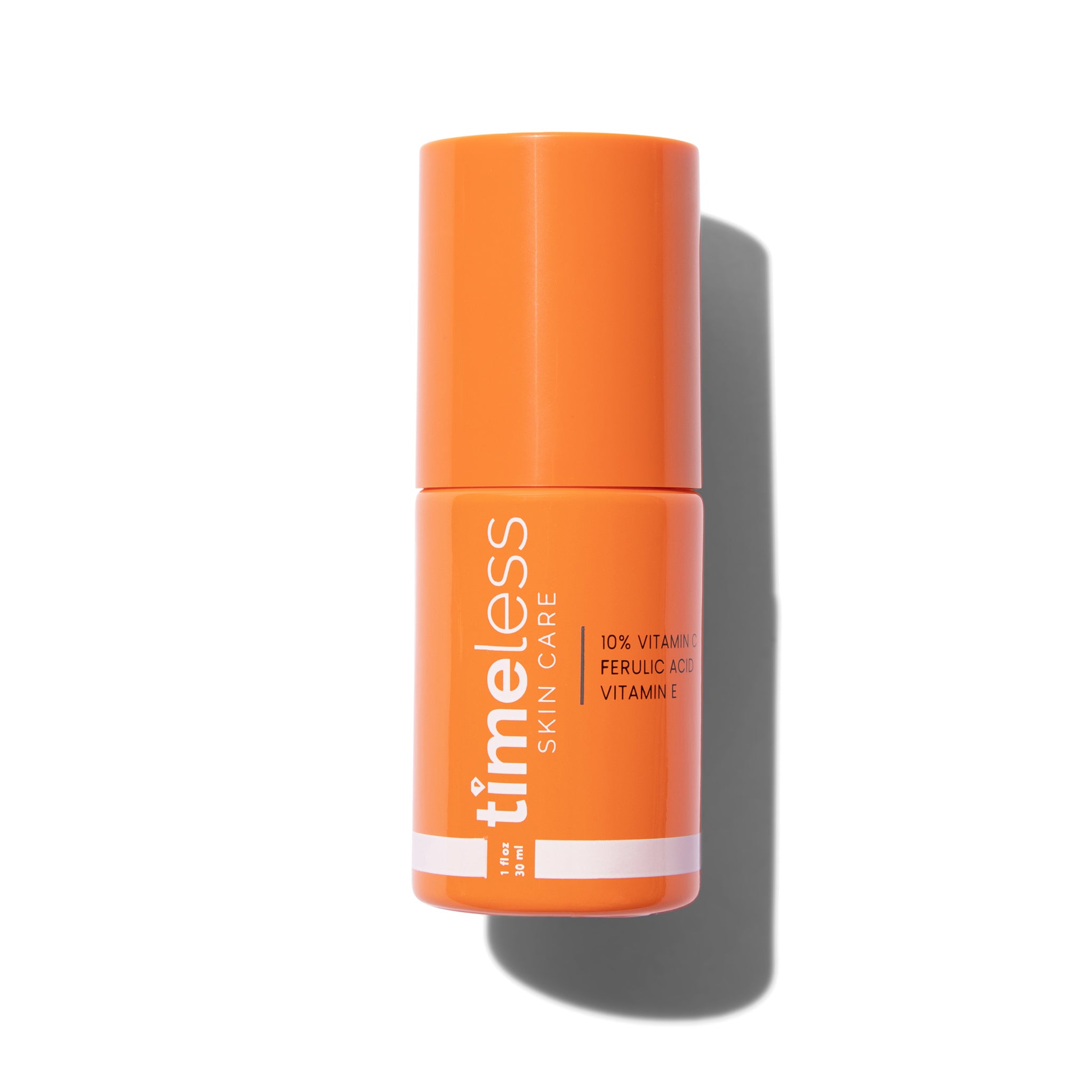If there was a celebrity list for serums, there’s no doubt that Vitamin C would be an A lister. Everyone is talking about Vitamin C these days with good reason; applying Vitamin C onto your skin in a serum form is one of the most effective ways of soaking up all its goodness. The list of benefits run the gauntlet for everything that anyone could ever want in a serum:
- Potent antioxidant and protector? Check. Vitamin C helps fight and neutralize free radicals, protecting the skin from environmental stress such as sun damage and air pollution.
- Evens out skin discoloration and hyperpigmentation? Check. Vitamin C inhibits melanin synthesis which can cause uneven skin tone.
- Helps heal and prevent acne? Check. Vitamin C has strong anti-inflammatory properties to fight blemishes.
- Minimizes wrinkles and fine lines? Check. Vitamin C stimulates collagen production which counteracts the visible signs of aging.
Yes! Apply Vitamin C Serum in the Morning
Turns out a glass of orange juice, along with 2-3 drops of Vitamin C serum for your face is a great way to start the day and get your morning glow-on! Vitamin CEF is best for daytime use with its high concentration of L-ascorbic acid to ward off the effects of the sun and other environmental stressors. In addition, applying a potent serum like 20% Vitamin C + E Ferulic Acid, may actually boost your sunscreen protection. According to the Linus Pauling Institute at Oregon State University, while it’s not recommended that Vitamin C should actually replace sunscreen, applying topical Vitamin C can boost your protection against sun damage, especially when Vitamin C is combined with these two additional antioxidants, Ferulic Acid and Vitamin E.
But Not all Vitamin C Serums are Equal
A skincare regimen that includes Vitamin C serum can help fight the effects of aging and give your skin a vibrant glow. L-Ascorbic Acid is the most pure, potent and easily absorbed by the skin, but it is also the least stable form of Vitamin C and can cause irritation for sensitive skin.
For the highest efficiency and longest shelf-life look for the following when it comes to using a Vitamin C serum with L-Ascorbic Acid:
- Includes Vitamin E and Ferulic Acid that help to stabilize and enhance the function of Vitamin C.
- An Opaque or amber-hued packaging to protect against sun degradation.
- An Airless container to reduce oxidization.
- 10% - 20% concentration of L-Ascorbic Acid for maximum effectiveness.
It’s Complicated... Applying a Vitamin C Serum at Night
‘Beauty sleep’ is really a thing, since the body switches into recovery mode as you sleep, healing and repairing itself. This is a great time to nourish the skin more deeply, using active ingredient serums and rich moisturizers.
Yes, you can certainly use a Vitamin C serum at night, which helps avoid any sensitivity that it may cause by day. But its important to take your night-time skincare regime into consideration.
- AHAs (such a glycolic and lactic acid) and BHAs (beta-hydroxy/salicylic acid) with Vitamin C are traditionally not recommended, especially for dry or sensitive skin. The concern is that layering acids together can cause excessive redness, dryness and flakiness.
- For an evening regime, when using products with ingredients such as an AHA/BHA, prescription creams or peptides, a more stable vitamin C with hydrating benefits such as the HA Serum with Vitamin C, could prove to be more compatible in combination with other active ingredients.
There are also many Vitamin C derivatives that are not as active, but also more stable, such as Magnesium Ascorbyl Phosphate found in the Timeless Hyaluronic Acid + Vitamin C serum. this "Essential" Hyaluronic Acid and and Vitamin C Serum is less concentrated and is great for more sensitive or oily skin since it does not contain Vitamin E. It’s also great if you want to use more than 1 active ingredient serum in the same skin care regimen, especially at night.















